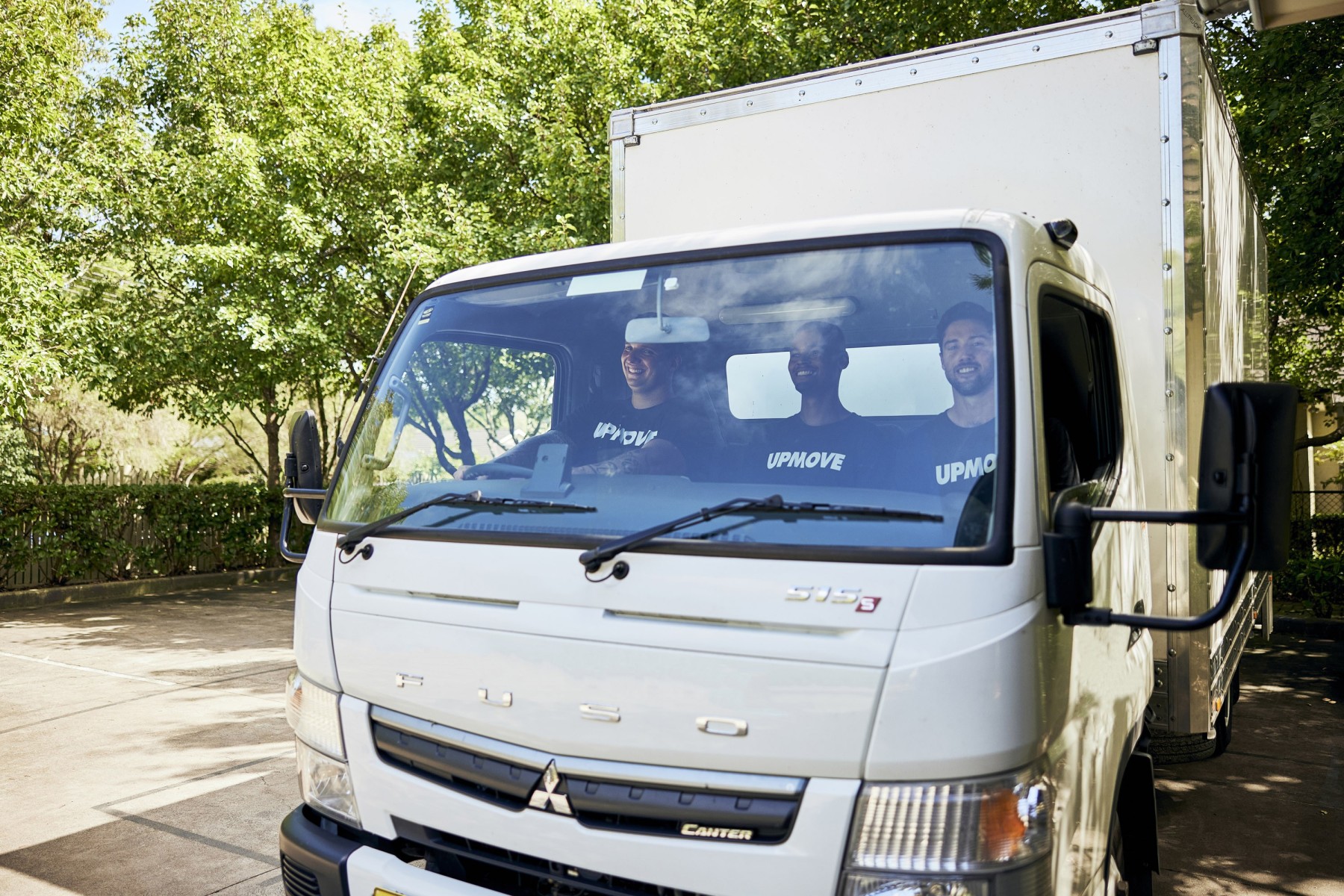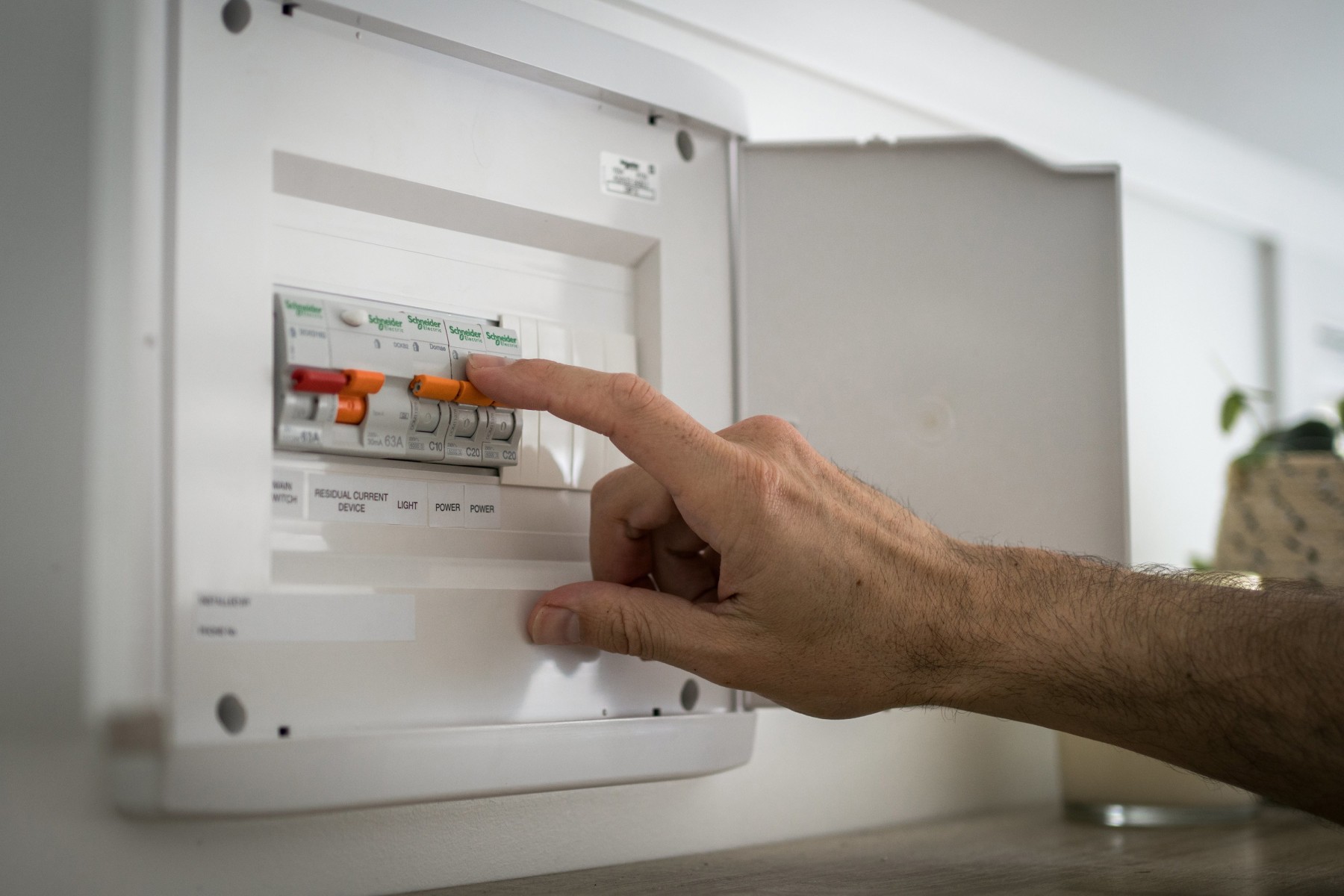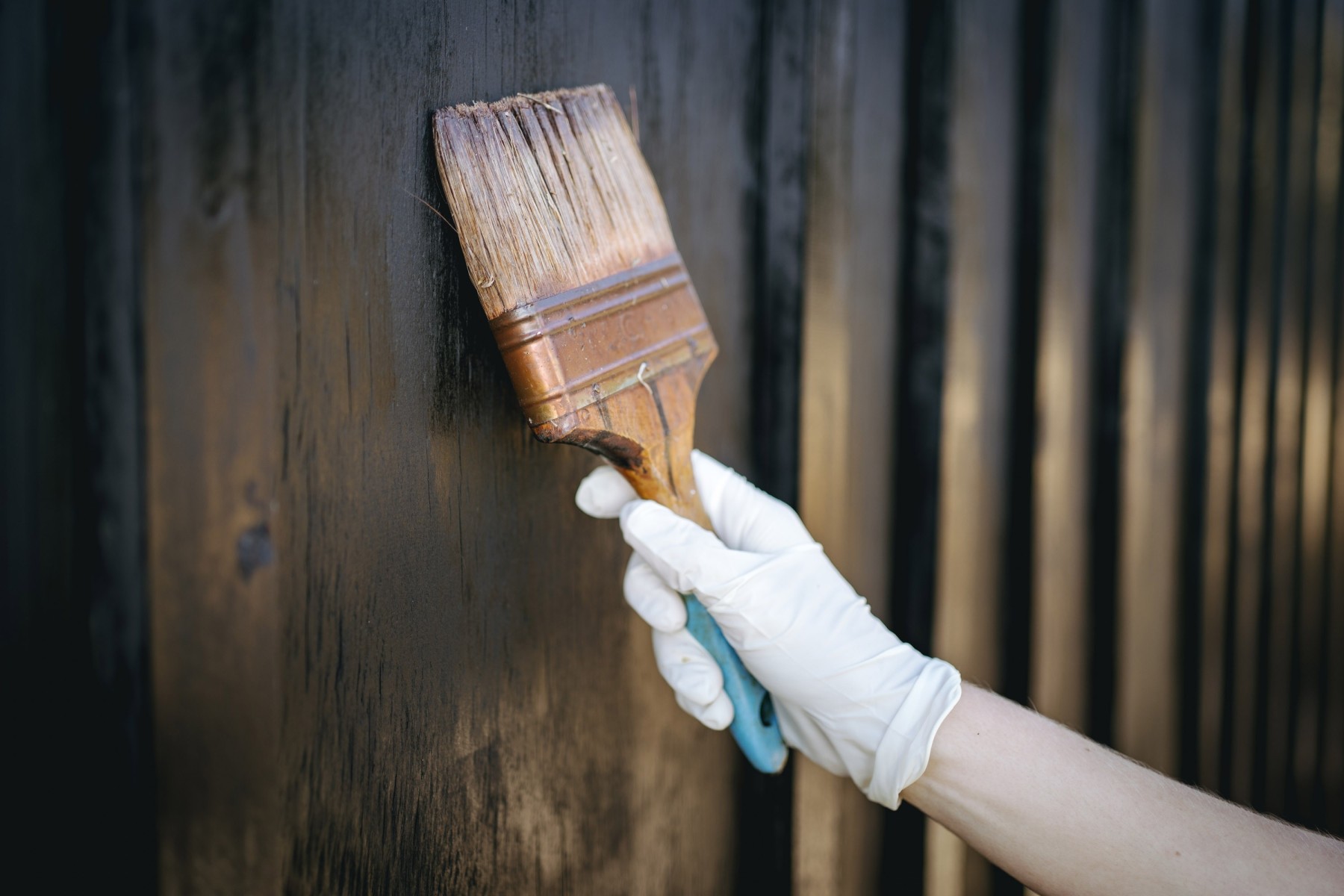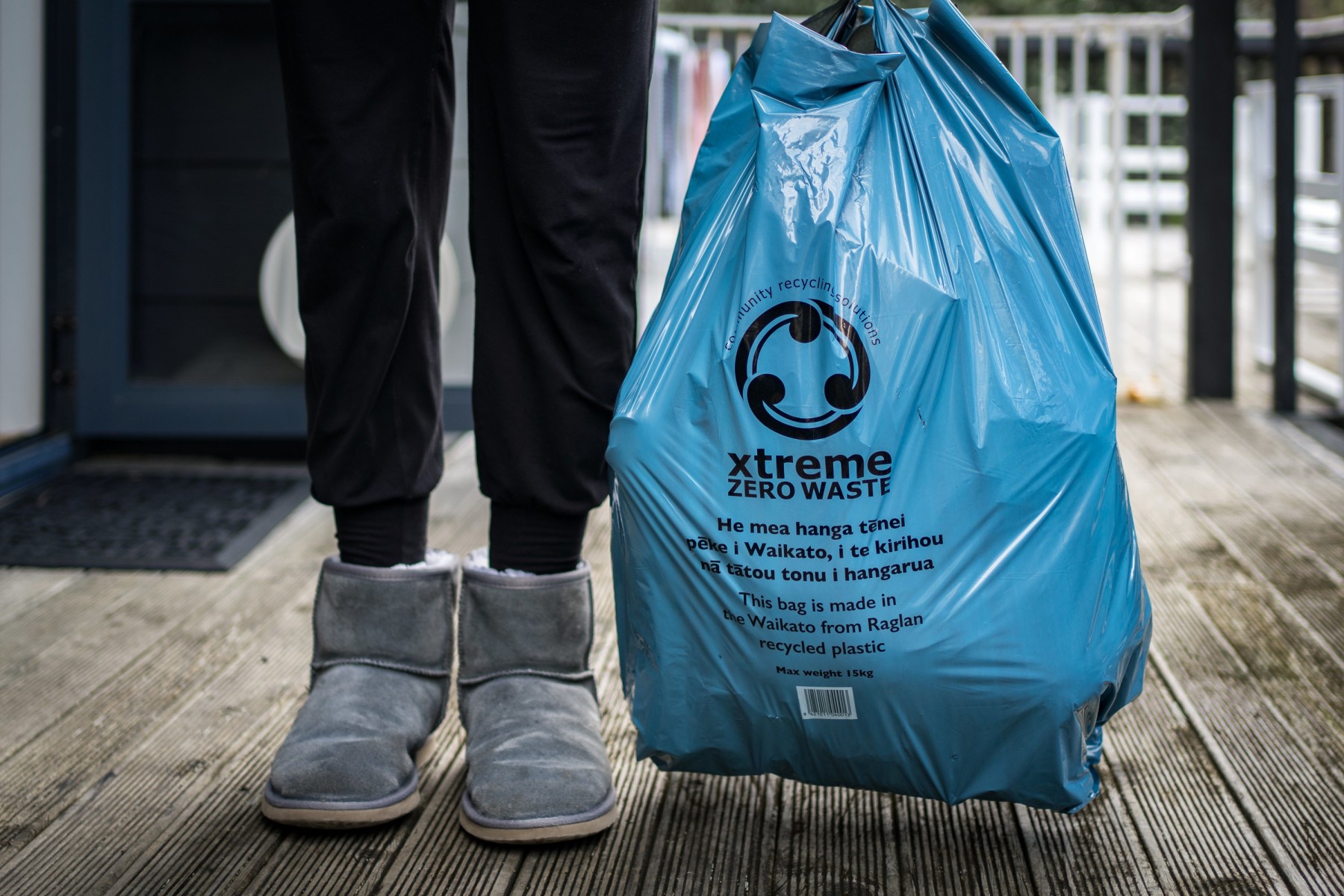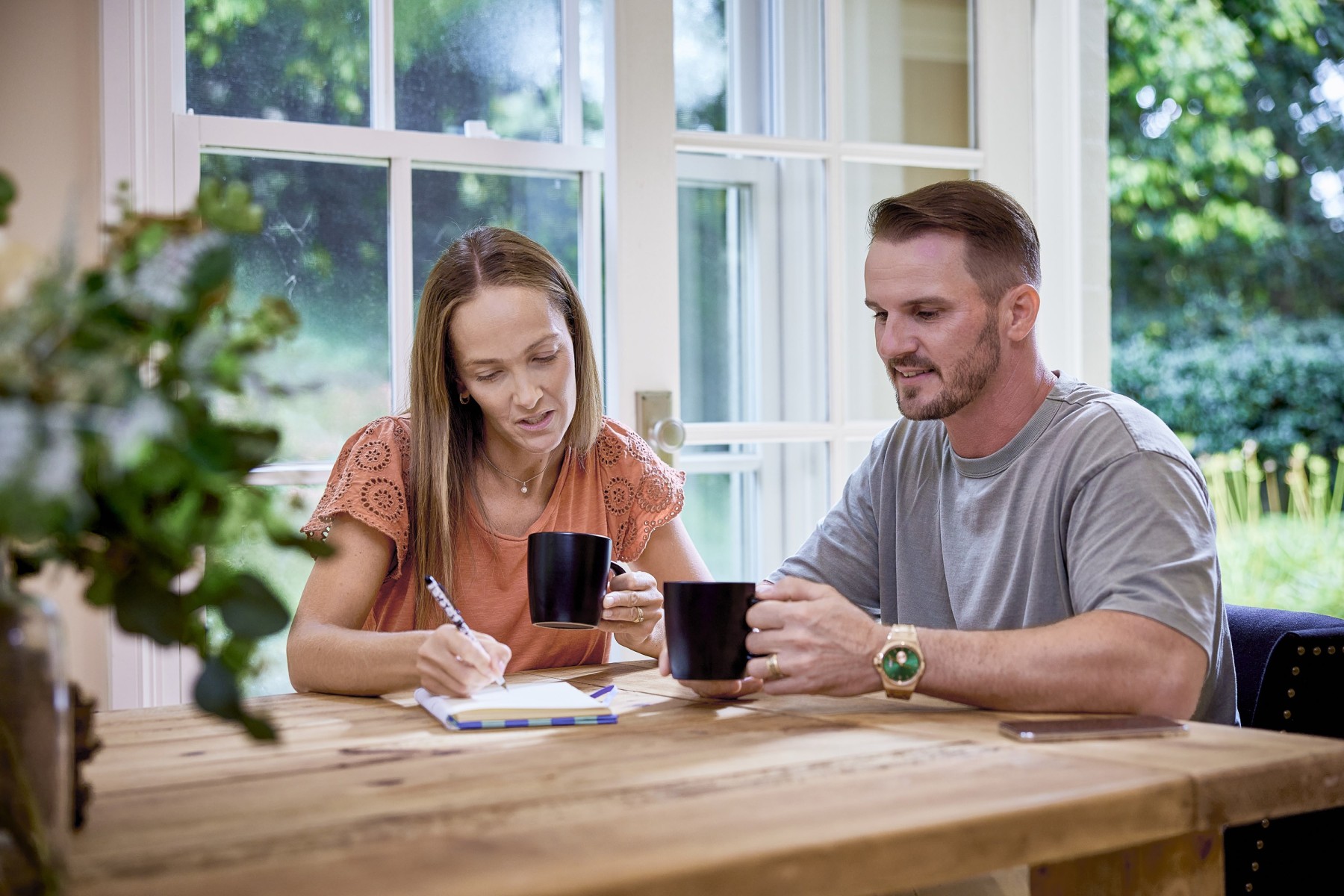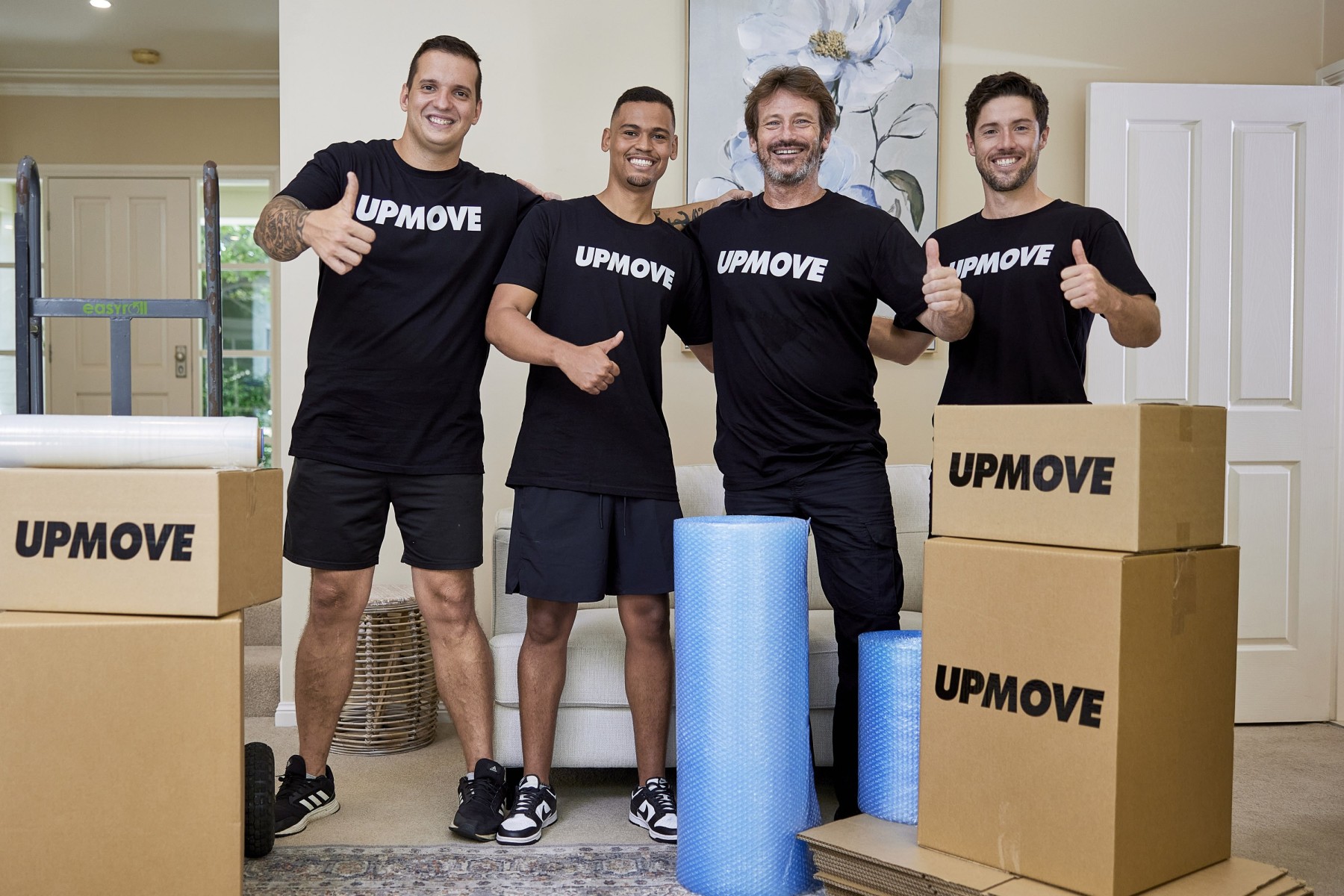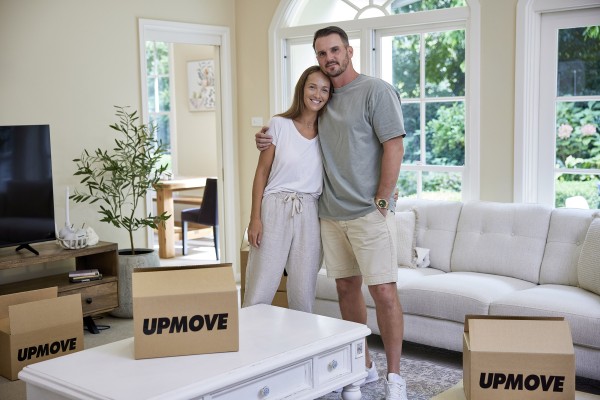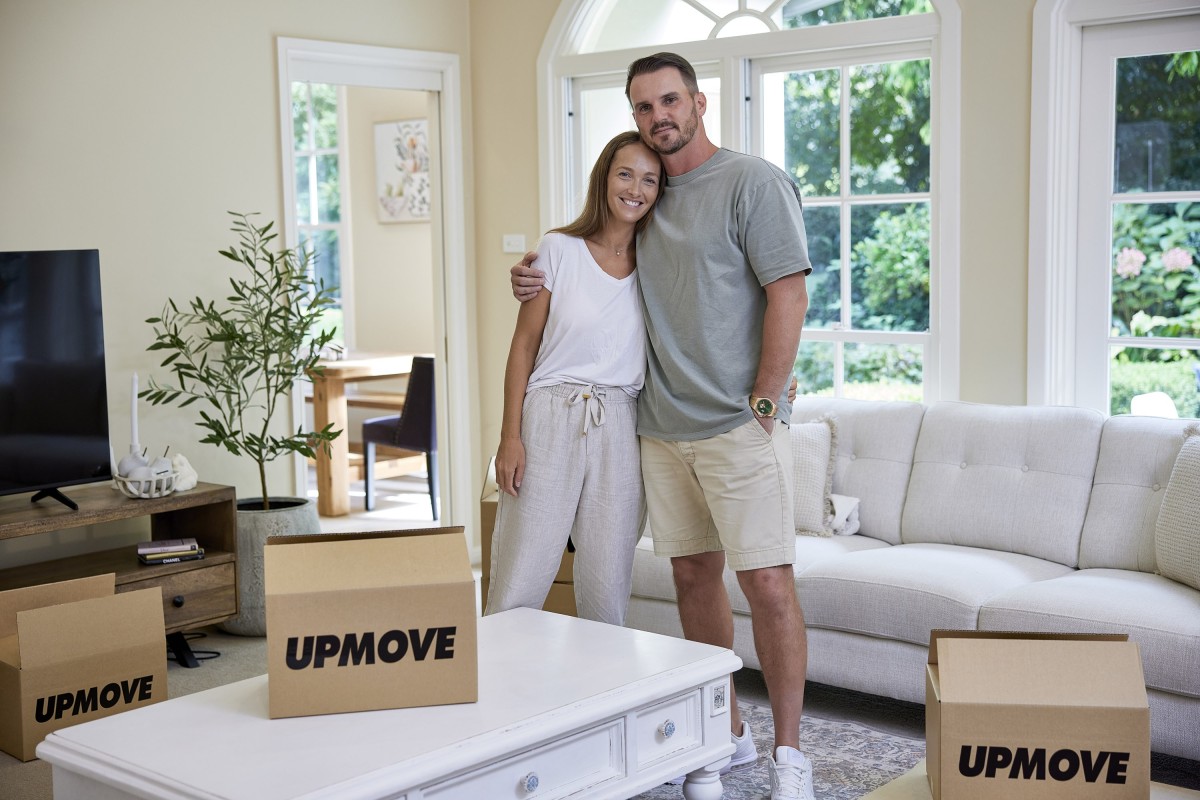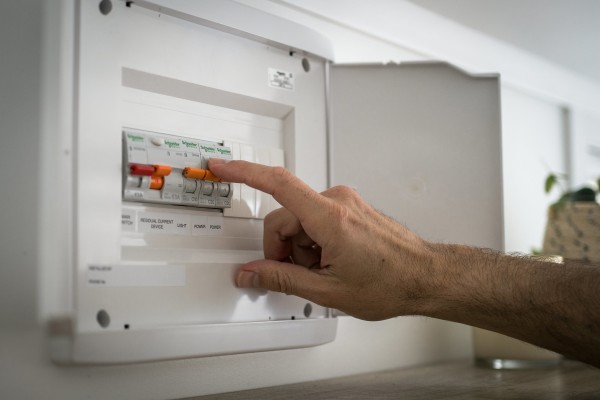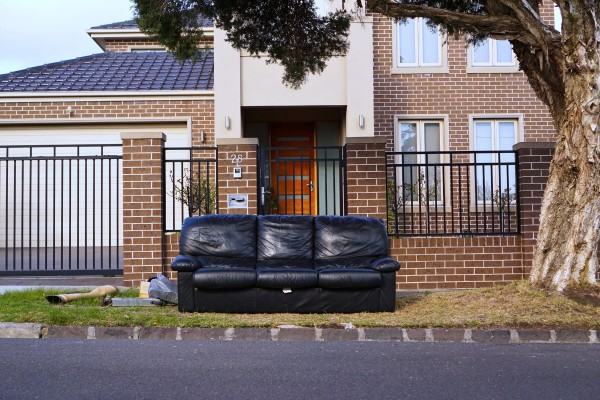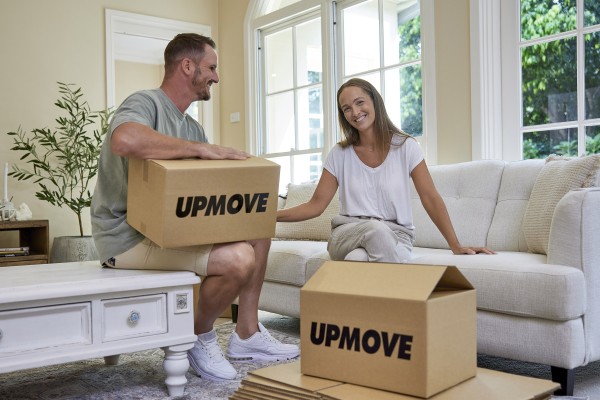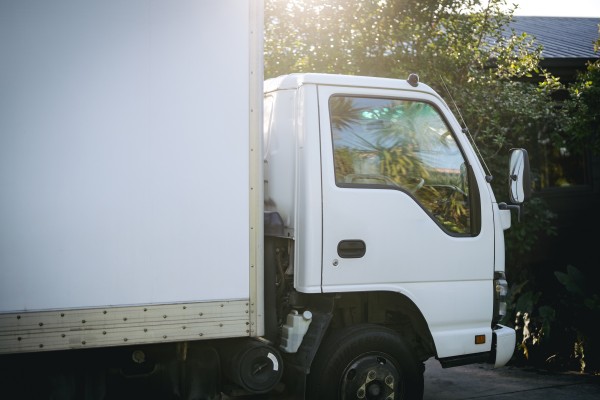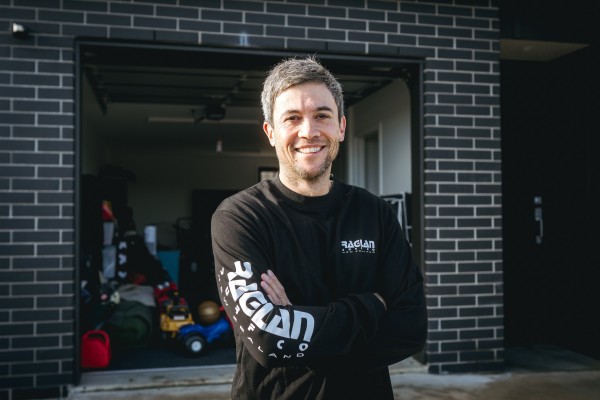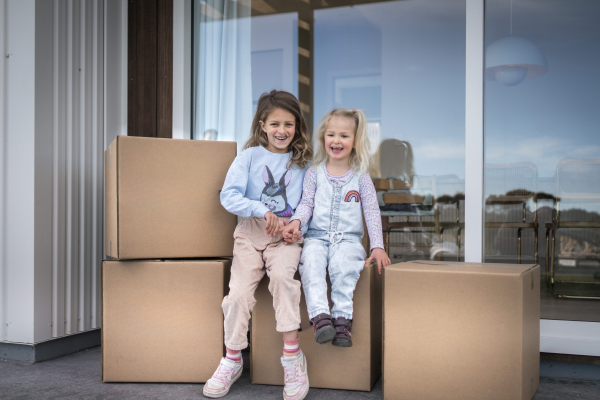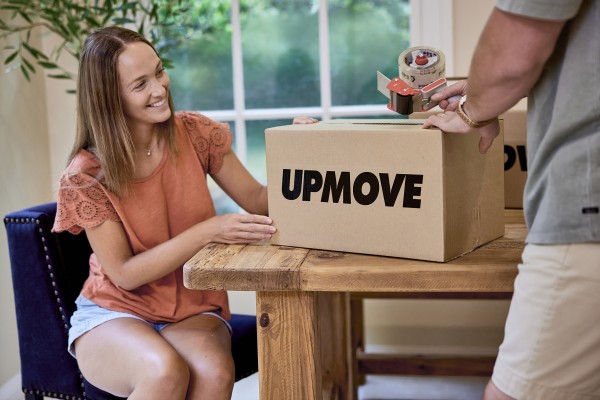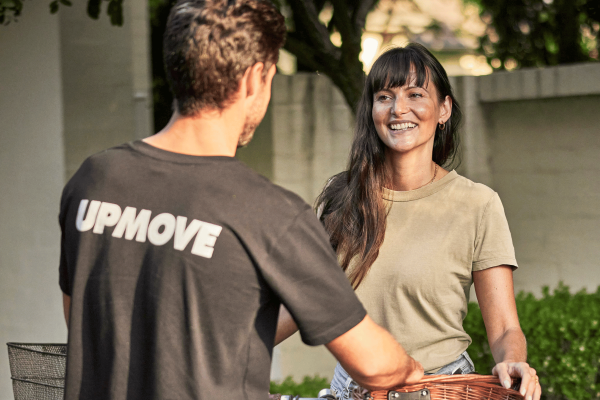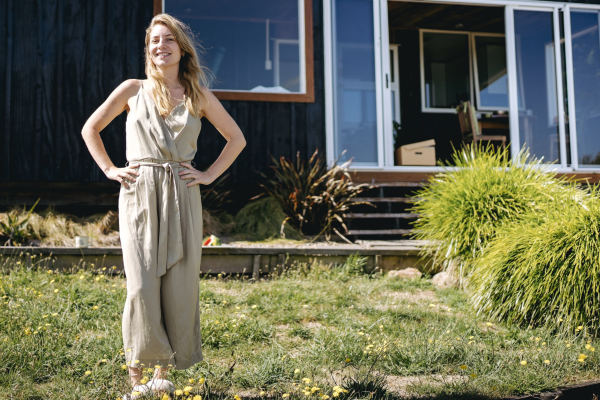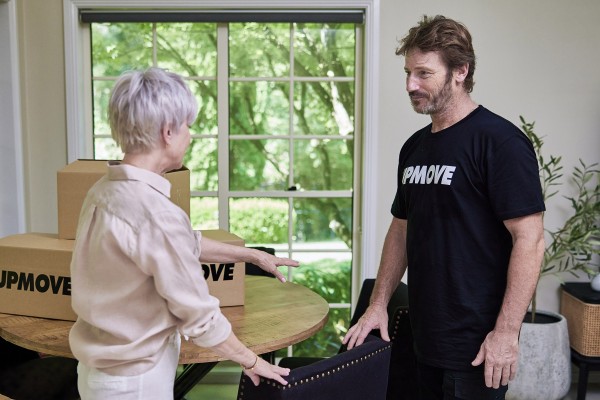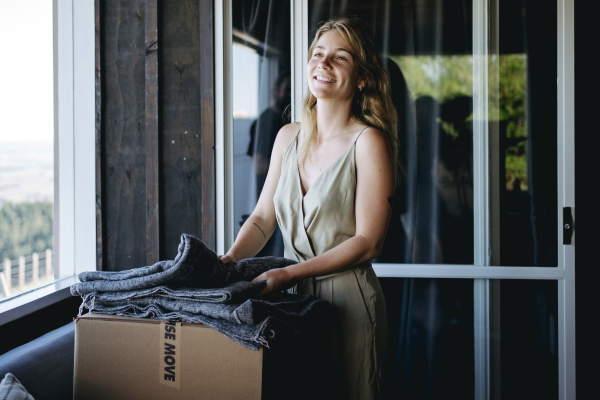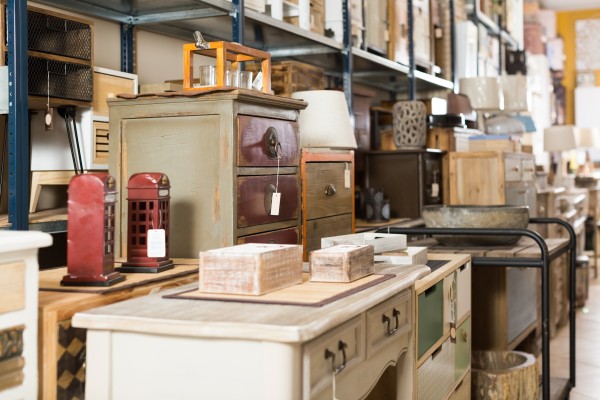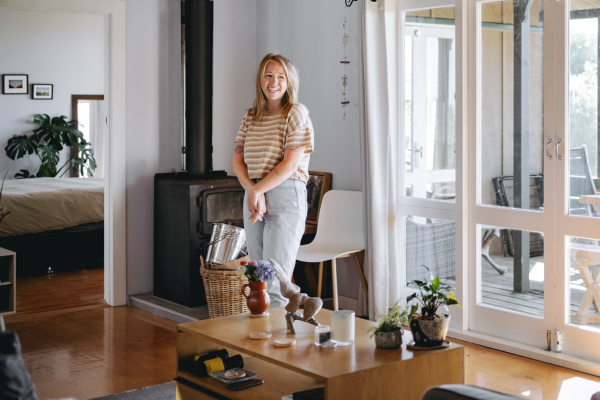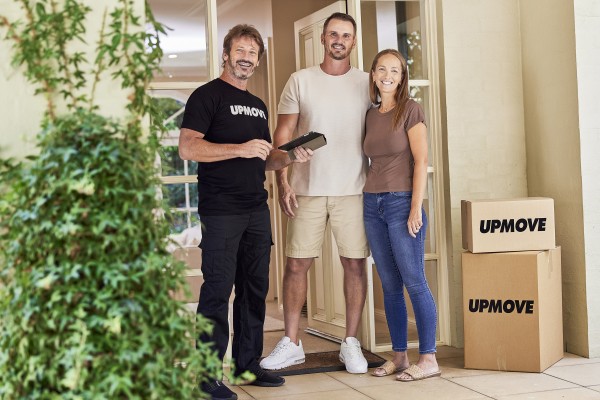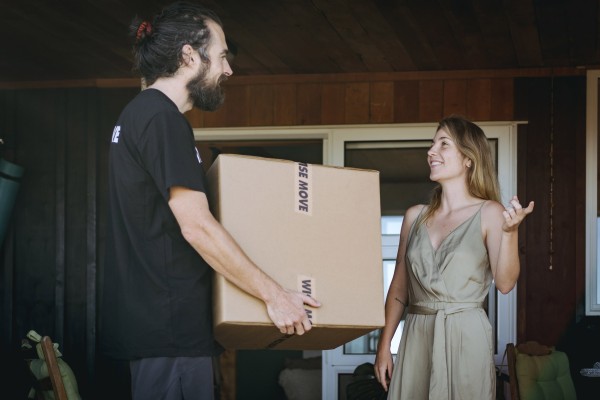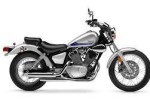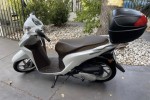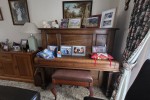The unexpected moving costs that no one warned you about


Moving house is stressful enough without surprise bills popping up two weeks later. You might plan for removalists, boxes and rent, but unexpected moving costs often come from places you don’t immediately think of.
In this article, we’ll walk you through the sneaky fees, give you realistic Australian cost estimates, and help you build a buffer so your budget doesn’t blow out.
If you’re already planning your move, this guide will help you spot the extras before they hit.
Hidden moving costs covered in this guide
Why hidden moving costs matter
When you budget a move, you'll probably write down the big stuff—removalists, cleaning, and rent. But in practice, extra costs can add up to thousands of dollars. A move that you expect to cost $3,000 can easily reach $5,000 once all the smaller charges start adding up.
The average cost to move home in Australia
- 2-Bed unit is $1,758
- 3-Bed house is $2,212
These costs depend on how much furniture and belongings you're moving, and the distance of the relocation. Those figures above don’t include additional expenses, such as legal paperwork, storage, cleaning or days off work.
Common hidden moving costs in Australia
Let’s break down the most common areas where hidden moving costs show up.
Parking and access fees
If you're in a bustling city, parking can be a headache. Some removalists charge extra if they have to park far from the entrance or navigate narrow streets. Plus, if your new place doesn't have a driveway, you might need to sort out parking permits or pay for parking elsewhere.
Storage solutions
When moving, especially if there's a gap between moving out and moving in, storage units can be a lifesaver. They offer a secure temporary place to store your belongings.
Prices can fluctuate based on factors like climate control, 24/7 access, and proximity to city centres. For instance, urban areas like Brisbane and Sydney tend to have higher rates compared to regional areas.
Example: storage renting costs in Brisbane
- A large walk-in storage locker (1.8 m x 1.5 m) will cost you around $160 a month.
- A 4m x 3m space (big enough to store a reasonably-sized car) will cost you around $375 per month.
If you need help figuring out which option is best for you and your budget, here’s a breakdown on how to choose the perfect self-storage facility.
Utility connection and transfer fees
Setting up utilities like electricity, gas, water, and internet can involve connection fees, deposits, or transfer charges.
While some providers offer promotions or waive certain fees, it's essential to check with each service provider to understand any potential costs.
These fees can range from $50 to $300 per service.
Temporary accommodation and meals
If there's a gap between moving out of your old home and into your new one, you might need to arrange temporary accommodation. Costs for short-term rentals or hotels can vary widely based on location and duration.
Additionally, meals during this period can add up, so budgeting for dining out or takeaway options is essential.
Redecorating and repairs
So, you've moved in and everything's set up... but that wall colour? Not quite your vibe. Or maybe the bathroom needs a little TLC.
Repainting a three-bedroom house can cost between $2,000 and $20,000, depending on the quality of materials and the extent of preparation required.
Body corporate or strata fees
If your new home is part of a strata-titled property, such as an apartment, townhouse, or gated community, you’ll likely need to pay body corporate or strata fees. These fees cover the ongoing management and maintenance of shared areas and facilities, so you’re not left footing the bill for things that benefit the whole complex.
The cost of body corporate fees can vary widely, depending on the property’s size, age, and facilities.
Smaller complexes might be closer to $1,000 per year, while larger developments with pools, gyms, and gardens can exceed $5,000 annually.
It’s also important to check for special levies. These are occasional charges for major projects like replacing a roof, renovating shared areas, or upgrading facilities. They can come right after you move in, so budgeting for them is wise.
Overlap costs
If your settlement and moving dates don't align, you might end up paying rent and mortgage simultaneously. This overlap can strain your finances, so it's crucial to coordinate dates as closely as possible.
Council or waste disposal fees
If you're disposing of large items, old furniture, or renovation waste, you might need to hire a skip bin or pay for council waste disposal services. Costs can vary based on the amount of waste and the duration of the hire.
Locksmith or security updates
Upon moving into a new property, it's a good idea to change locks or update security systems.
Costs for rekeying locks can range from $70 to $130, while changing locks can cost between $70 and $200.
Interstate or regional moving permits and tolls
If your move involves crossing state lines or navigating busy city roads, there’s a good chance you’ll hit tolls or need special permits for large vehicles. Removal trucks aren’t your regular commuter cars, so councils and transport authorities sometimes require permits for oversized vehicles, long driveways, or restricted access streets.
Even if you’re just moving a couple of suburbs away, toll roads can quietly eat into your budget, especially if you’re driving through Sydney, Melbourne, or Brisbane. And if you’re moving interstate, those charges can add up fast along the highway.
Some removalists include these costs in their quote, but it’s always worth asking. Otherwise, you could end up with a surprise charge that makes you wish you’d double-checked the route.
Tolls and permits can range from $50 to $300+, depending on distance and access requirements.
Legal and administrative fees
Moving comes with more than just boxes and tape. Several legal and administrative tasks can sneak up on you, and it’s easy to forget about them until you see the bill. Here’s what to watch for:
- Title search and document retrieval fees: Even when your conveyancer handles things, these are often billed on top of their base fee.
- Land tax clearance certificates: Required in some states before a sale or purchase can be finalised.
- Solicitor review of contracts for renters: Increasingly common for high-value or commercial rentals - small but often overlooked legal spend.
- Land registry transfer or registration fees: Needed when updating ownership details with your state’s land titles office.
- Discharge of mortgage fees: Your current lender often charges a fee to release the mortgage once your property settles (commonly $200–$400).
- Settlement agent or electronic conveyancing (PEXA) fees: Now standard in most states, these fees are typically $100–$150, but rarely mentioned up front.
- Bank or mortgage fees: Early repayment, break costs, or bridging loan interest if you’re buying and selling at the same time.
- Compliance certificates: Some councils require up-to-date reports for things like pools, smoke alarms, or energy efficiency.
- Release of easement or boundary documentation: If your property has a shared driveway or easement, updates or releases can cost legal time and filing fees.
If you’re buying your first home, you can explore a full breakdown of the costs involved in this stage in our first home buying guide.
Insurance gaps
Damage during transit isn’t always covered unless you’ve read the fine print. Standard home and contents insurance might not protect your belongings while they’re in the truck.
If you’ve got valuable items, it’s worth checking your policy or adding extra moving insurance. It’s a small cost for peace of mind that can save a lot of stress.
Lost income
Whether you’re taking a few days to move or have a gap between jobs, lost income is a real cost that many people overlook. Planning and saving a little extra can help cover the days you won’t be earning while you’re busy packing, unpacking, and settling into your new place.
Crunching the numbers of unexpected moving costs
Let’s break down what all these hidden moving costs might look like for a typical move in Australia:
|
Hidden cost |
Typical Australian estimate |
|
Parking and access fees |
$50 – $200 |
|
Storage (1–2 months) |
$320 – $750 |
|
Utility connection and transfer |
$50 – $300 per service |
|
Temporary accommodation and meals |
$200 – $1,000 |
|
Redecorating and minor repairs |
$2,000 – $20,000 |
|
Body corporate and strata fees |
$1,000 – $5,000 annually |
|
Overlap costs (rent and mortgage) |
$500 – $2,000 |
|
Waste disposal and skip bins |
$100 – $500 |
|
Locksmith and security updates |
$70 – $200 |
|
Interstate, regional tolls and permits |
$50 – $300+ |
|
Legal/admin fees (title searches, certificates, conveyancing) |
$500 – $1,500 |
|
Insurance gaps and extra moving insurance |
$50 – $300 |
|
Lost income (time off work) |
$500 – $2,000 |
Rough total estimate: $5,640 – $34,050
Of course, the exact total will vary depending on your property type, the distance of the move, and your personal circumstances. Even on the lower end, these hidden moving costs can easily add thousands to your moving budget, which is why planning ahead is so important.
Making your move easier
Moving is never just about boxes and trucks. There are plenty of hidden costs that can sneak up on you. By knowing what to expect and budgeting for these expenses, you’ll avoid surprises and make the process a whole lot smoother.
When it comes to finding reliable, professional movers across Australia, Upmove makes it easy to compare options, get quotes, and book the best moving team that fits your needs and budget. With the right preparation and support, your move can be a lot less stressful and a lot more exciting.
What do our customers say?

